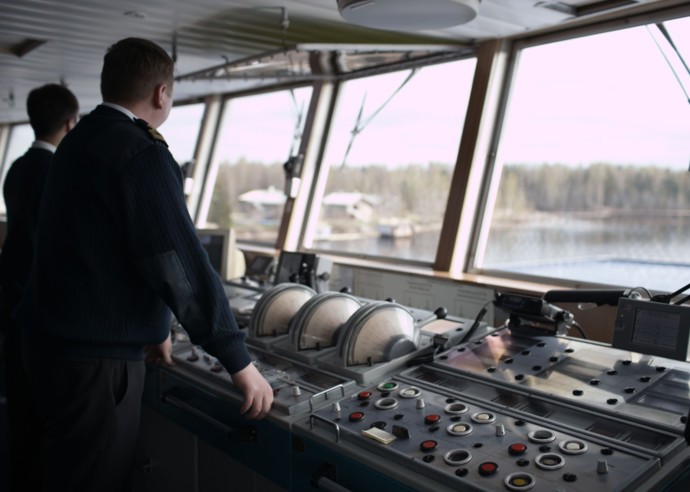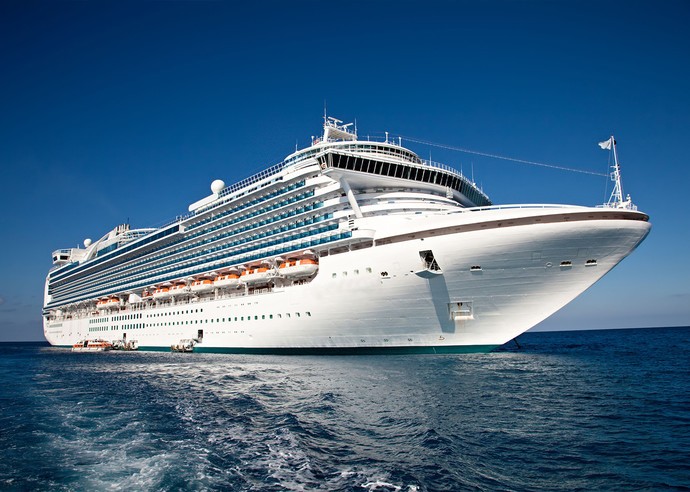Professional knowledge and skills in maritime services
Ship Masters (Maritime) must always apply professional knowledge and skills in maritime services to solve issues and problems at work.


Physical Abilities
Physical abilities
Importance:3 (Max:5)
Skill is basically required
Technology Skills
Technology skills
Importance:4 (Max:5)
Skill is frequently required
Cognitive Abilities
Cognitive abilities
Importance:3 (Max:5)
Skill is basically required
Comprehension And Expression
Comprehension and expression skills
Importance:3 (Max:5)
Skill is basically required
Social Skills
Social skills
Importance:3 (Max:5)
Skill is basically required
Organisation And Execution Skills
Organisation and execution skills
Importance:5 (Max:5)
Skill is required all the time
Problem Solving Skills
Problem solving skills
Importance:5 (Max:5)
Skill is required all the time
Management Skills
Management skills
Importance:5 (Max:5)
Skill is required all the time
Ship Masters (Maritime) must always apply professional knowledge and skills in maritime services to solve issues and problems at work.
Ship Masters (Maritime) must be able to navigate and steer ship or similar vessel at sea or on inland waterways. They study maps, charts, weather reports and use navigational equipment to determine and direct ship movements.
Academic qualification
Professional qualification
Experience
Other specific requirements
Monthly Salary $10,000-$15,000
Monthly Salary $15,000-$23,000
Monthly Salary $18,000-$27,000
Monthly Salary $23,000-$35,000
Monthly Salary $40,000-$80,000
Degree or above
Higher Diploma
